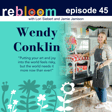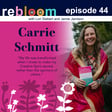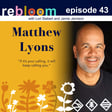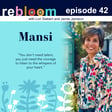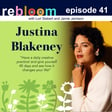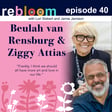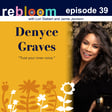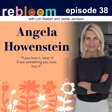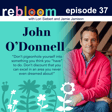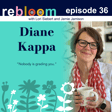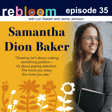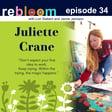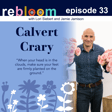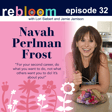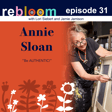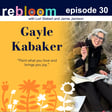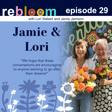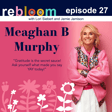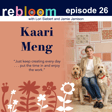
Take Your Shot . . . and ReBloom!
What do you do when your semi-professional basketball career comes to an end? You move to France, meet your life partner, and start a retreat for artists! That is just what Harrison Turner did and what pleasure to hear how he created the fabulous Perigord Retreats for artisans in France. What started six years ago as a side hustle, is now his livelihood and passion. Together with his partner Katel and young son, they have made a special space filled with inspiration that welcomes groups for unique adventures and local cuisine. We are proud to tell his inspirational story in this podcast!
Instagram: https://www.instagram.com/perigordretreats/
Other Links: https://perigord-retreats.com/links/
ReBloom is proudly sponsored by Jet Creative and UrbanStems! Jet Creative is a women-owned marketing firm committed to community and empowerment. Looking to build a website or start a podcast--visit JetCreative.com/Podcast to kickstart your journey.
UrbanStems is your go-to source for fresh gorgeous bouquets flowers and gifts delivered coast-to-coast! USE: BLOOMBIG20 to save 20%!
Subscribe to this podcast and follow us on Instagram and Facebook @rebloom.podcast
